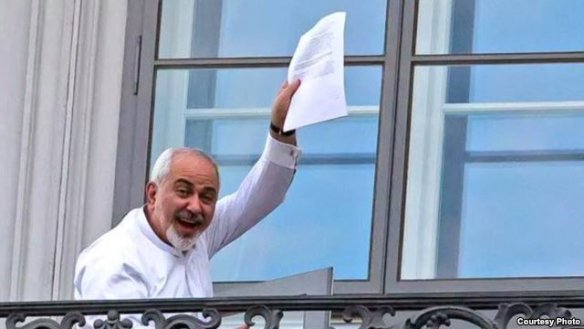
The Iranians are very satisfied, but the Russians are worried.
It was a rare coincidence in world politics that two pivotal and protracted negotiation processes—the European Union’s talks with Greece on managing its debt, and the “P5+1” talks on managing the Iranian nuclear program—both culminated in crucial agreements at the start of this week (July 13–14). Russia was a party (albeit not a very active one by the end) to the bargaining with Iran, but not with Greece (while demonstrating close engagement); and it has large stakes in both crises. Typically, while declaring support for reaching comprehensive agreements in both cases, Moscow was, in fact, more interested in the talks breaking down, so that the EU would plunge into a deep mess marked by a “Grexit” and Iran would remain isolated by the sanctions regime. However, the two landmark compromises signify a big step forward in enhancing the governability of world order, which leaves Russia—as a revisionist power that favors a crisis of the West-imposed global order—quite irrelevant.
The rest of the article is in Eurasia Daily Monitor, July 14.